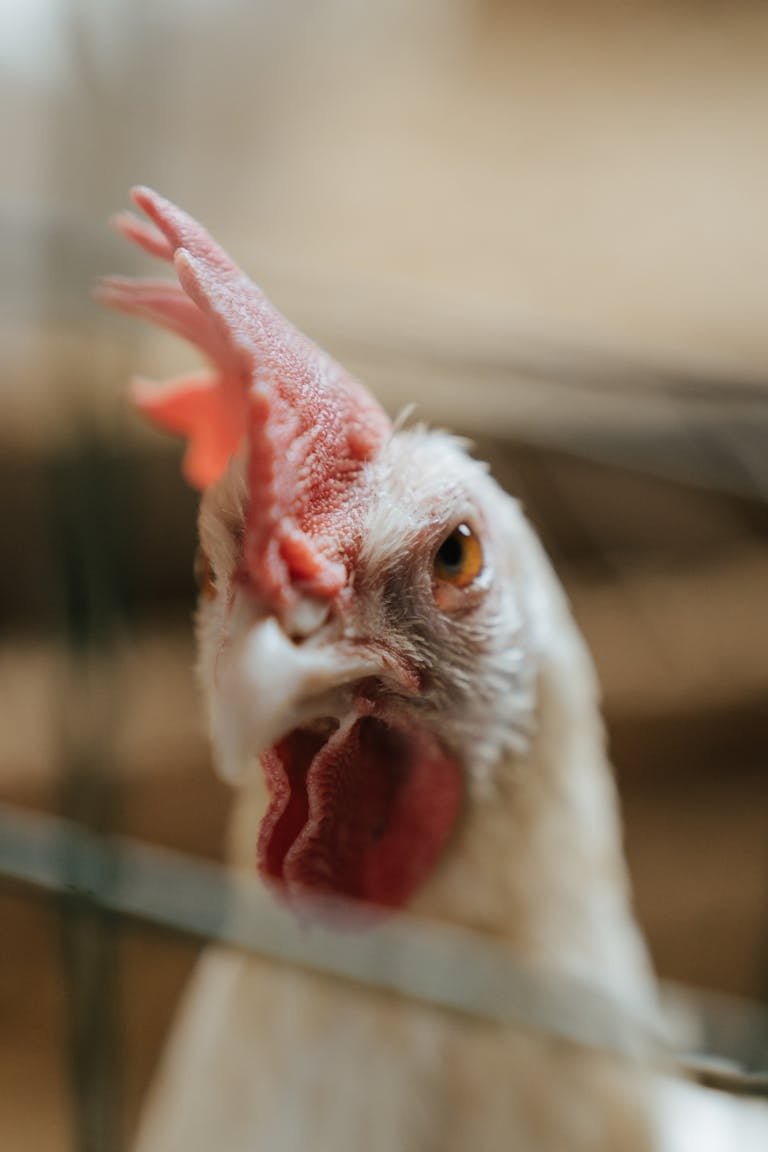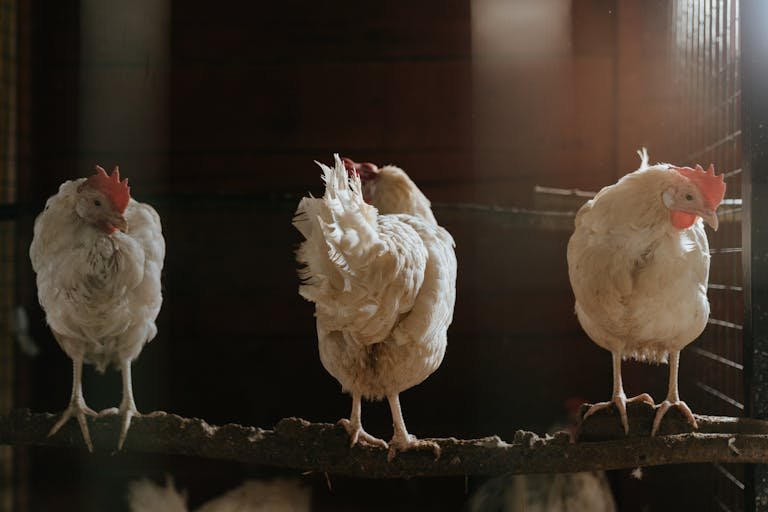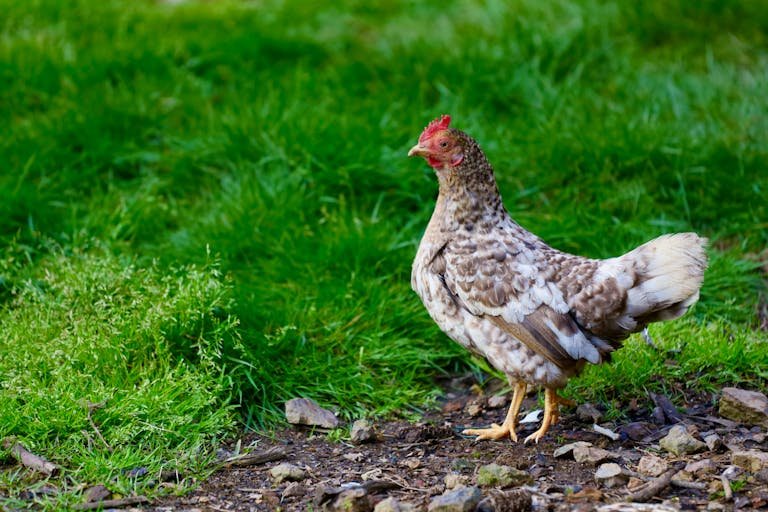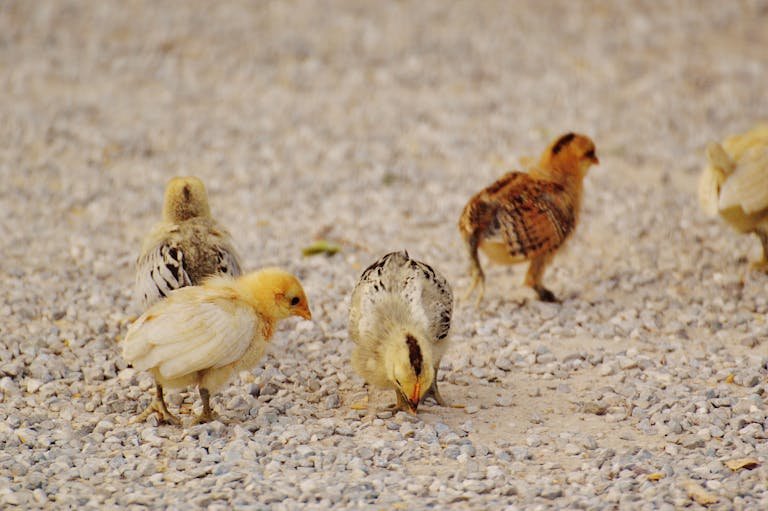What is a Fairy Egg? Everything You Need To know
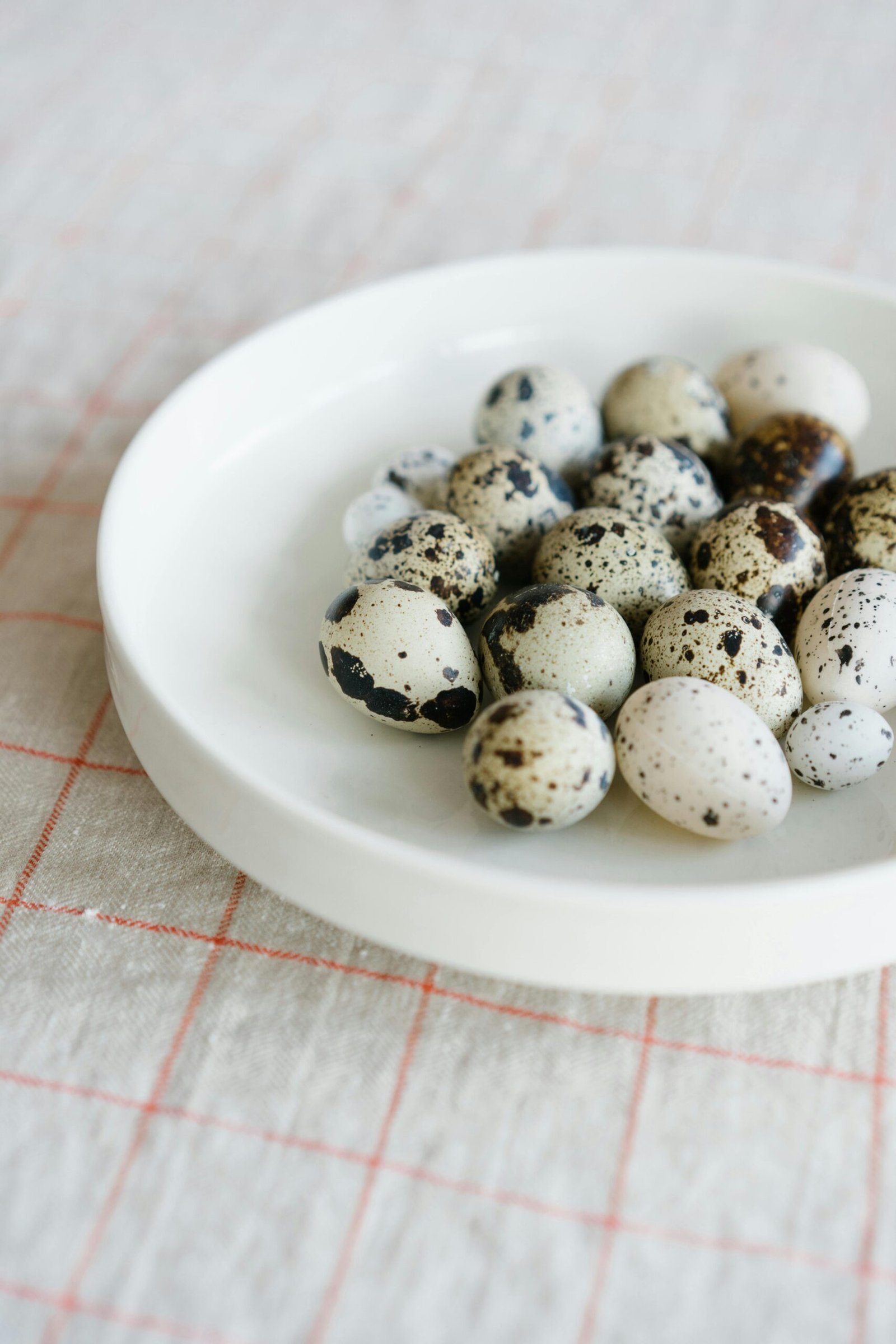
Fairy eggs are one of the most intriguing phenomena in the world of poultry. These tiny, often yolkless eggs appear unexpectedly in chicken coops, leaving chicken owners puzzled. If you’re raising hens, you may have encountered this little oddity at some point. Understanding what fairy eggs are and why they occur is crucial for ensuring the health and well-being of your flock.
In this blog, I’ll walk you through everything you need to know about What is a Fairy Egg? why hens lay them, whether they are safe to eat, and what you should do if your hen produces them frequently.
What is Fairy Eggs?
Fairy eggs, sometimes referred to as “fart eggs” or “wind eggs,” are significantly smaller than normal chicken eggs, and more often than not, they do not contain a yolk. In many cases, they are no larger than a quarter, leaving new chicken owners astonished or concerned. However, the appearance of fairy eggs is a natural occurrence and is typically harmless to the hen.
These small eggs have a fully-formed shell, and aside from their size and lack of yolk, they look much like regular eggs. Many poultry owners even find them fascinating and keep them as curiosities.
Why Do Hens Lay Fairy Eggs?
One of the most common questions I come across is why hens lay fairy eggs. There isn’t always a straightforward answer, but several factors can explain why hens sometimes produce these small, yolk-less eggs.
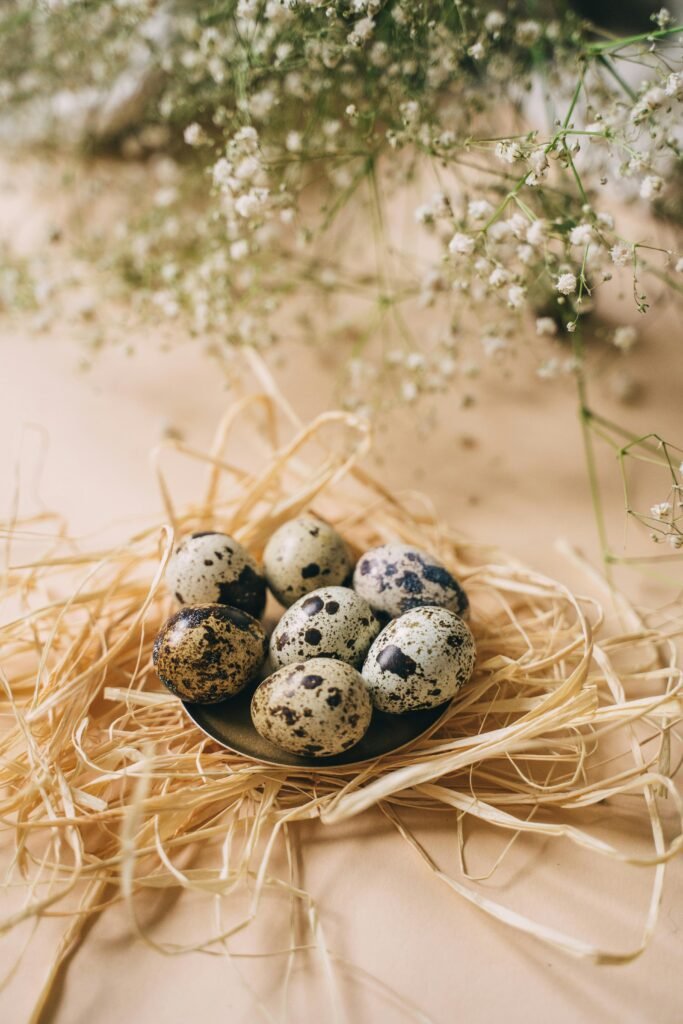
1. Young Hens (Pullets)
Pullets, or young hens that are just beginning to lay eggs, are the most likely to produce fairy eggs. When a hen’s reproductive system is still maturing, it might take a while before it functions smoothly. In the early stages of egg production, it’s not unusual for pullets to lay small eggs that lack a yolk. Think of it as a “trial run” for their reproductive system.
The reproductive tract of a hen can sometimes release an egg before the yolk has fully developed or passed into the oviduct. These early attempts result in fairy eggs. Over time, as the hen matures, she will lay regular-sized eggs consistently. So if you’re raising young hens, don’t be alarmed by the occasional fairy egg. It’s all part of the process of their bodies learning how to lay normal eggs.
2. Older Hens
On the other hand, older hens can also lay fairy eggs, though this is less common. As hens age, their reproductive systems start to slow down. This aging process can lead to irregular egg production, where hens may lay eggs that are smaller or lack a yolk altogether. It’s essentially the opposite of what happens with young hens—aging hens may lose the precision in their egg-laying ability.
In older hens, fairy eggs might be a sign that they are reaching the end of their egg-laying years. While this is perfectly natural, if you notice an increase in fairy egg production in an older hen, it might be time to consider her overall health and wellbeing. Providing her with a stress-free environment and proper nutrition can help extend her productive years.
3. Stress Factors
Hens are sensitive animals, and environmental stress can disrupt their regular egg-laying cycle. Several stressors can contribute to the production of fairy eggs:
- Overcrowding: When hens are kept in tight spaces or are part of a large flock with limited room, they can become stressed. This overcrowding can interfere with their reproductive systems, leading to fairy eggs.
- Extreme Temperatures: Both excessive heat and cold can stress a hen’s body. When hens are exposed to extreme temperatures, their bodies might prioritize survival over reproduction, resulting in smaller, incomplete eggs.
- Predation: The presence of predators near your coop, even if they don’t attack, can scare hens and cause them to lay less frequently or produce fairy eggs.
- Sudden Changes in Routine: Any significant change in a hen’s environment—such as moving the flock, introducing new birds, or changing their feed—can also lead to stress, which in turn might cause the occasional fairy egg.
Keeping your hens in a calm and stable environment is one of the best ways to ensure consistent, healthy egg production.
4. Nutritional Deficiencies
Like any animal, hens need proper nutrition to maintain healthy body functions, including egg production. A diet deficient in key nutrients like calcium and protein can result in poor-quality eggs, including fairy eggs.
- Calcium: Hens need calcium to form strong eggshells. A lack of calcium can lead to eggs with weak shells or fairy eggs that are underdeveloped.
- Protein: Protein is essential for the formation of a fully developed egg, including the yolk. Without enough protein in their diet, hens might produce small eggs or eggs that lack yolks.
To avoid these issues, ensure that your hens have access to a high-quality layer feed that contains adequate amounts of calcium and protein. Additionally, offering supplemental calcium in the form of crushed oyster shells can help support strong egg production.
5. Hormonal Imbalances
Occasionally, a hen may experience hormonal fluctuations that affect her egg production. These hormonal imbalances can lead to fairy eggs, as the egg-laying process is disrupted. While it’s not common, these fluctuations can happen due to changes in the hen’s environment or even as part of their natural biological cycle.
In some cases, hens might experience hormonal shifts after being broody or molting, which can temporarily affect egg-laying. These issues generally resolve on their own as the hen returns to her normal cycle.
Are Fairy Eggs Safe to Eat?
Now, one of the first questions that comes to mind when discovering a fairy egg is whether it’s safe to eat. The good news is yes, fairy eggs are generally safe to eat. However, because they lack a yolk, they don’t have the same nutritional value as regular eggs. The yolk is where most of the vitamins, fats, and proteins are concentrated, so fairy eggs are essentially just whites with a tiny amount of nutrients.
Nutritional Differences
Regular eggs are known for being a great source of protein, healthy fats, and vitamins such as vitamin D, B12, and more. Without a yolk, fairy eggs don’t provide much in the way of sustenance, though they do contain small amounts of protein from the egg white.
If you’re collecting eggs for food, it’s fine to include a fairy egg in your collection, but don’t expect it to be filling or to provide much energy.
Should You Cook Them?
While fairy eggs can be cooked like regular eggs, their tiny size and lack of yolk make them more of a novelty than a meal. Some people enjoy frying or scrambling fairy eggs just for fun or as part of a dish where they want to include something unique. However, if you’re after a more satisfying meal, you’ll want to stick with regular-sized eggs.
What Should You Do If Your Hen Lays Fairy Eggs?
When you first discover a fairy egg, your initial reaction might be one of concern. However, in most cases, there’s no need to worry. Fairy eggs are typically a harmless occurrence, especially if they only happen occasionally.
1. Monitor Your Flock
If you notice a fairy egg, it’s a good idea to monitor your hens closely for any signs of distress or health problems. Fairy eggs on their own aren’t necessarily an indication of poor health, but if you start seeing fairy eggs more frequently or notice other issues like reduced egg production or changes in behavior, it could be a sign that something is off with your flock.
2. Check for Stress Factors
If your hens are under stress, take steps to address the source of that stress. Ensure your flock has plenty of space, access to clean water, and a balanced diet. Make sure that they aren’t being disturbed by predators or exposed to extreme temperatures for prolonged periods.
3. Evaluate Their Diet
Take a close look at the feed you’re providing. Ensure your hens are receiving a proper layer feed with sufficient calcium and protein. If necessary, add supplements like oyster shells to support their nutritional needs.
4. Consult a Veterinarian
If fairy eggs become a regular occurrence, or if your hens are showing other signs of illness or distress, it’s a good idea to consult with a veterinarian who specializes in poultry. They can help determine if there’s an underlying health issue that needs attention.
Final Words
Fairy eggs, though unusual, are a fascinating and harmless part of keeping chickens. Understanding why hens lay them—whether due to age, stress, or nutritional issues—can help you better care for your flock. While they may not provide the same nutritional value as regular eggs, fairy eggs are still safe to eat, and in most cases, there’s no reason for concern when you find one in your coop.
By paying attention to your hens’ environment, diet, and overall health, you can minimize the occurrence of fairy eggs and ensure that your chickens continue to lay healthy, regular eggs.
